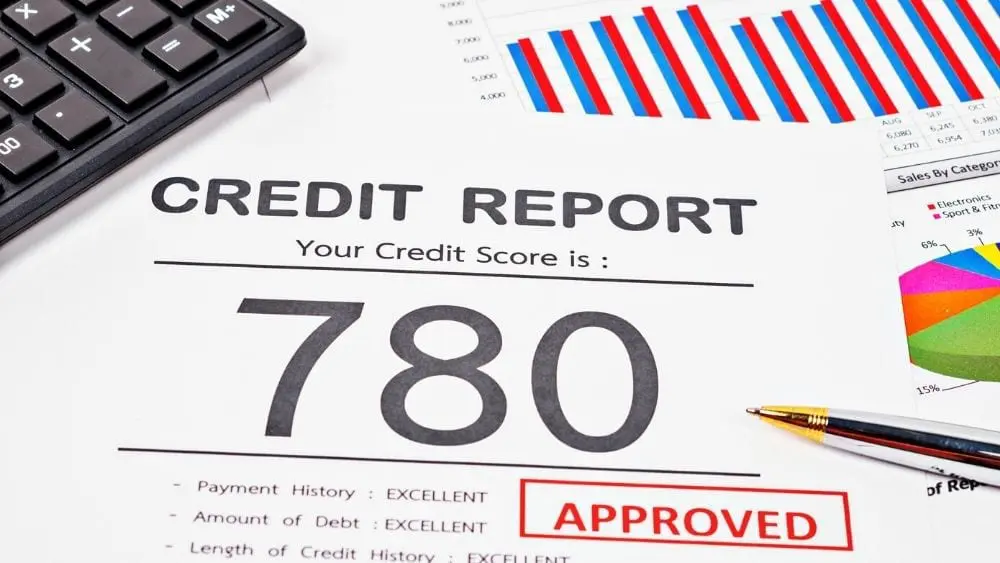
By now, every serious homebuyer should have checked his or her credit score – that all-important snapshot in time about how one utilizes credit – corrected any errors and taken steps to erase any bad marks against them.
Without a decent credit score, lenders may not offer the best rates and terms, if they offer financing at all. But here are some things most people don’t know about how their scores are tabulated.
For starters, young buyers who are just getting hitched should realize that their credit scores are absolutely never ever merged together. Each partner’s scores stand on its own.
“When you get married, your behavior still counts toward your score and your spouse’s behavior still counts toward your spouse’s score,” says Philip Tirone, president of 720creditscore.com, a site dedicated to helping people rebuild their credit.
Consequently, if you are consistently late on your car payments, it won’t hurt your mate’s score — as long as the loan is just in your name. So, when you join hands in matrimony, you should never vow to join your credit accounts.
Keeping accounts separate has big advantages. For one thing, if one of you loses your job or becomes ill and fails to meet his/her financial obligations, the problem will impact only the one with the credit. The other will still be able to obtain credit in his or her own name.
However, if both spouses work and both incomes are needed to qualify for a mortgage, but only one of you has all the credit and the other has none, the other’s credit score will be low or even non-existent. Thus, you might not qualify for the loan.
But “this pitfall can be avoided if both spouses build their own credit scores,” says Tirone.
Another problem you could run into is by opening new credit accounts after you’ve been cleared for a mortgage. Don’t buy any big ticket items either, such as an automobile or furniture. Wait until after you close on your new home so the new credit won’t impact your scores, says Keith Loria of MTC Federal Credit Union in Greenville, S.C.
You’ve been approved, so why wait? A few days before settlement, most lenders will run a new credit check to make sure you still qualify. And the new accounts will count against you.
At the same time, refrain from closing accounts, especially those with which you have a strong history of paying your bills on time. Close those accounts, cautions Loria, and “you run the risk of eliminating a good payment record.”
On the other hand, if you are trying to build or improve your credit score so you can qualify for a mortgage, understand there is a sweet spot in the number of credit cards to stick in your wallet that will give you the optimum score.
The ideal number of credit cards, according to 720’s Tirone, is three to five.
More than five and the credit bureaus will worry that you could get yourself into a financial bind if you use them all at once. It doesn’t matter to the bureaus whether or not you actually use them. It’s the potential that raises a red flag.
Less than three cards, on the other hand, and the bureaus aren’t presented with enough information about your spending behavior. Hence, they score you lower.
Ray Brousseau, an executive vice president with Carrington Mortgage Services, suggests obtaining a Visa or MasterCard, a gas card and perhaps a department store card, but no more. But don’t just stick them in your dresser drawer, he says: Use them.
If you need to apply for more than one card to reach the three-to-five goal, do so all at once. Part of your credit score is based on the age of your accounts, Tirone explains. If you open one now, and then wait six months to open another, you will lower the average age of your accounts.
If you have more than five cards, do not close a few. Doing so could hurt, not help, your score. Yes, it’s counter-intuitive, but closing an account lowers the average age of all your accounts. So instead, simply stop using the unnecessary cards to allow them to become inactive.
Never allow the balances of your active cards to rise any higher than 30 percent of your available credit. Also, pay your credit card bills on time and always pay more than the minimum amount due.
Another good idea is to switch over to your name any cellphone and Internet accounts that may be someone else’s name and pay for them with your own checking account — yes, you need one — so the credit-score algorithm can see that you, not someone else, pays your bills regularly every month.

Lew Sichelman is a nationally syndicated housing and real estate columnist. He has covered the real estate beat for more than 50 years.
 How Long Does It Take to Build a New Home in DC?
How Long Does It Take to Build a New Home in DC?